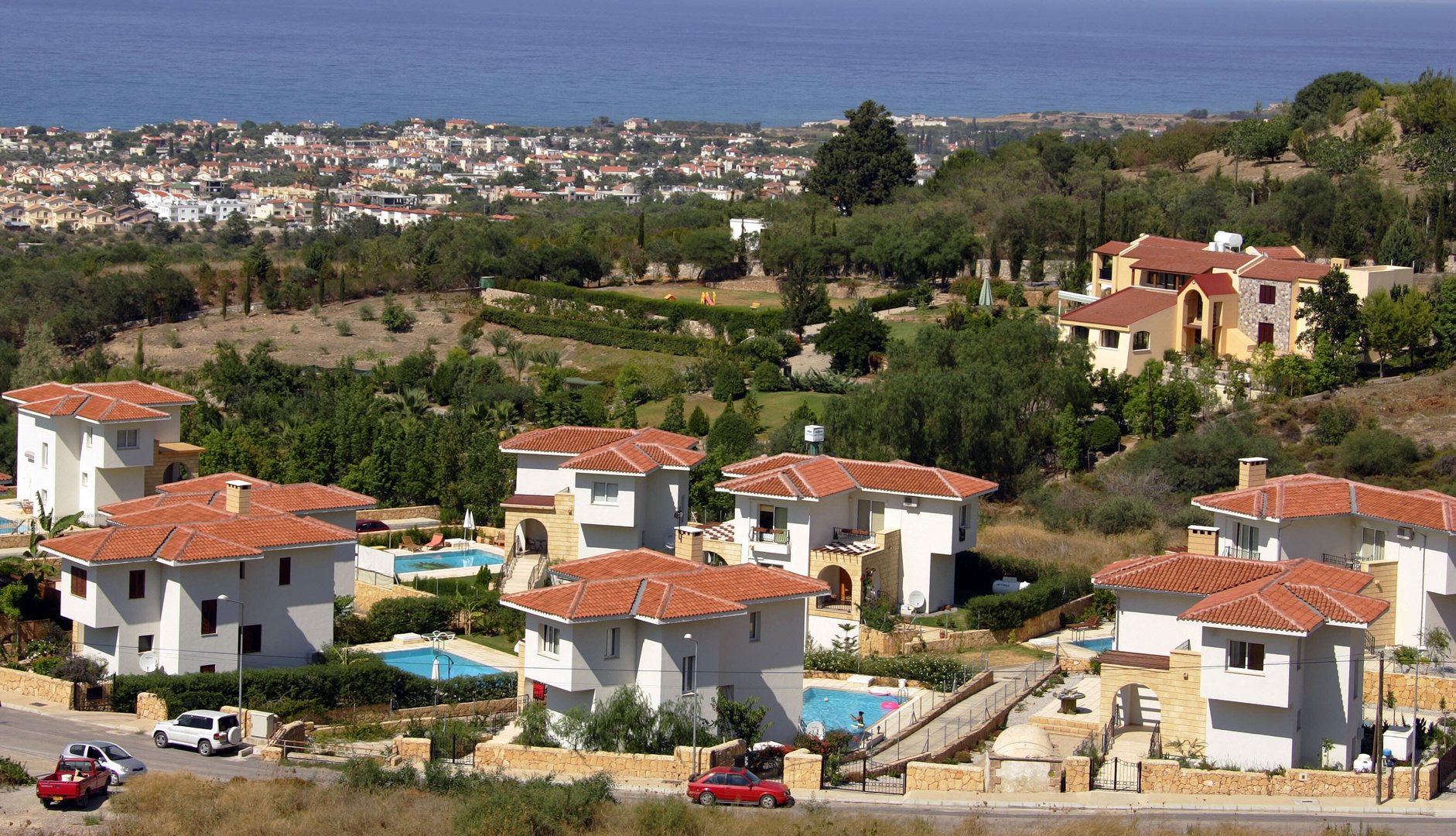By Iole Damaskinos and Nikolaos Prakas
Legal measures are being examined to deal with the sale of Greek Cypriot properties in the north, Government Spokesman Konstantinos Letymbiotis said on Friday.
Speaking at a press briefing, the spokesman said that the government is closely monitoring usurpation of Greek Cypriot property.
Commenting on the legal measures, he said that they will act as deterrents to further similar actions.
Reports have surfaced in the north over the past months that Israelis and other foreigners are snapping up Greek Cypriot properties in the north in a fire-sale. Officials in the north have even suggested that properties being sold are not controlled or checked.
Commenting on a meeting held at the attorney-general’s office on the matter, he said that the meeting was held in the presence of the foreign minister.
Asked whether they have evidence of individuals involved, either citizens of the Republic of Cyprus or foreigners, who are active in connection with the usurpation of property in the north, Letymbiotis said: “We have evidence, evidence is constantly being collected for both legal and natural persons involved.”
Earlier, speaking on state broadcaster CyBC’s morning programme, Deputy Government Spokesman Yiannis Antoniou described the problem of tackling large-scale illegal property sales in the north as “composite” and challenging, particularly in light of the wars in Ukraine and Israel.
“It is easier to go after developers and [project] investors, because the information on these entities is publicly available,” Antoniou explained.
However, despite existing prohibitions within EU legislation, intercepting buyers, especially third-country nationals, remains difficult.
The foreign minister, in consultation with legal services, including the attorney-general, held a meeting on Thursday to discuss a toolkit for stemming the tide of illegality, and political measures are also being considered, the government spokesman noted.
“We are doing everything possible, within the capabilities and authority carried by the Republic of Cyprus to intercept and put an end to such sales,” Antoniou said.
On the political front, contacts with the governments of states whose citizens are involved, namely, Russia, Iran, Ukraine, and more recently Israel, are to be held, to dissuade such activities.
The outcomes of the discussion at the RoC level are to be announced within days, Antoniou said.
Purchases by foreigners in the north have skyrocketed over the past four years with more than 9,500 reported by Turkish Cypriot media last month. The majority of these purchases took place this year.
Reports suggest that many properties have been sold through hidden partners and that certain multinational companies avoid the restricted permits of the north’s ‘ministerial council,’ by setting up ‘shelf companies’ with citizens of the pseudo-state as partners, enabling them to purchase ‘unrestricted’ real estate.
Meanwhile, the north’s ‘interior minister’ Dursun Oguz recently admitted that property sales are being carried out without the knowledge the ‘land registry’, allowing third country nationals to get away with buying outside the ‘TRNC’s’ own legal limits.
He added that laws would be amended to address the problem, with one planned regulation being to change the 51/49 rule, which states that investors can only buy properties in the north, if 51 per cent belongs to a ‘citizen’ of the north.
The planned new legislation would alter this so that only companies fully owned by Turkish Cypriots would be able to develop real estate with the purpose of selling it.







Click here to change your cookie preferences